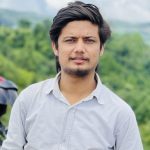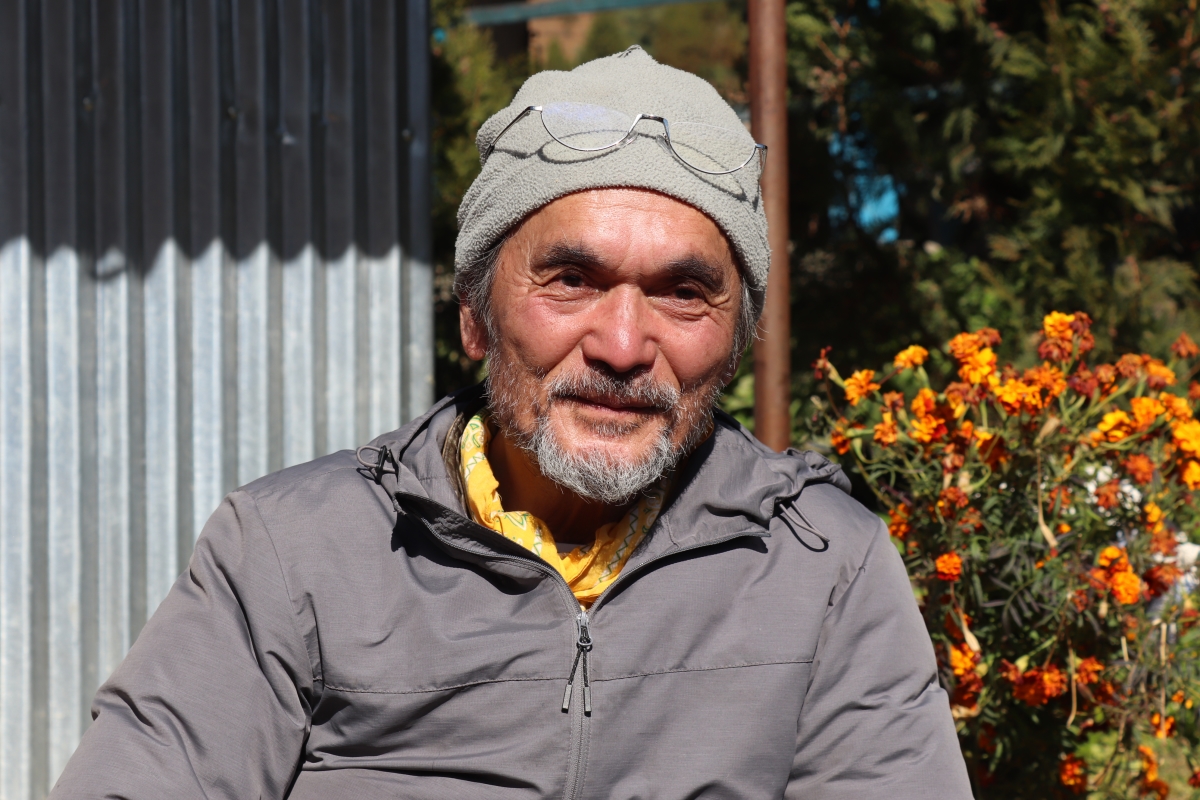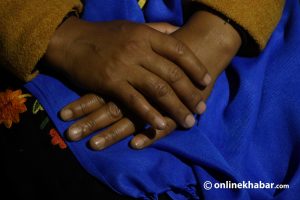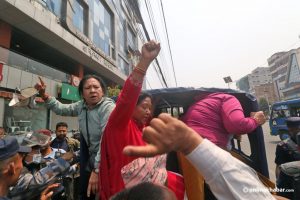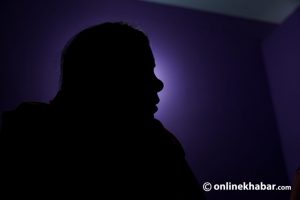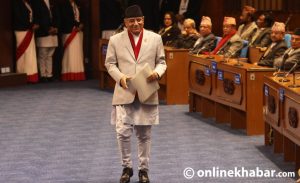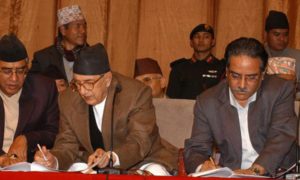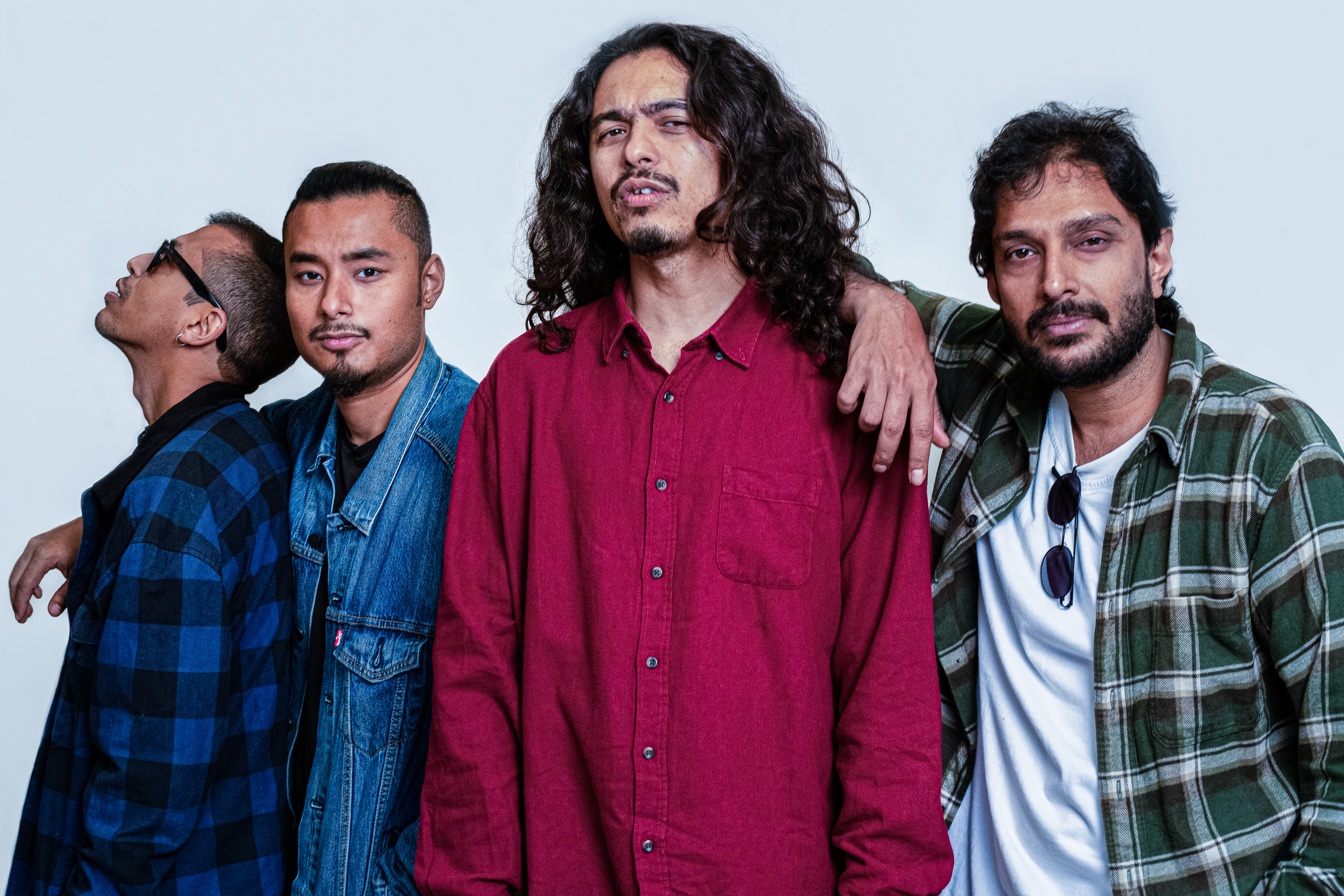An average person wants to spend his/her last moments happily with family and breathe his/her last around them. But, he became an exception. He left the comforts and prosperity of his life as a doctor in Japan and moved to a remote settlement, torn apart by the civil war, in a developing country in the latter part of his life.
Leaders, who entered villages making sweet promises during the war, have now entered the city. The village and its pain have become a once-upon-a-time-story for them. Meanwhile, this old man has left the city and entered the village to dedicate his life to healthcare in a remote area.
He is Dr Ryukichi Ishida (74), an orthopaedic doctor, who worked in Japan for 40 years. He arrived in Nepal some 14 years ago with an aim to dedicate the rest of his life to healthcare in remote areas.
He has been providing healthcare in Rolpa’s Thabang-based Jaljala Hospital and Research Centre for the last 13 years, treating Thabang citizens with his experience in Japan and finding his happiness in the process.
“I got the happiness here that I did not get from working in Japan for 40 years,” he says, “I want to treat the citizens here till the last breath of my life.”
Keeping the old promise
It was 40 years ago when Ryukichi Ishida came to Nepal for the first time as a 21-year-old medical student. During that time, a tuberculosis vaccination campaign was underway in Tansen, Palpa, and he reached Tansen via Baglung to participate in the campaign.
Arriving there, he saw the dire state of health in the rural areas, saw people who have been sick for years but never received medical treatment. Seeing such a condition broke his heart and felt the need to contribute more to the health sector of the rural areas. So, he promised himself that one day he would return to Nepal to do the same.
Then, 40 years later, he returned to fulfil his promise. Even though it was after his retirement following four decades of work, at 60, he felt his need was not in Japan, but elsewhere. The thoughts churning in his mind did not allow him to sleep well. He wanted to use the experience of Japan in remote areas of Nepal.
The first year he was back in 2007, he volunteered at the Bir Hospital of Kathmandu.
There, he understood the way doctors work in Nepal. After that, he came to work at the Chaurjahari Hospital in Rukum and worked for a few years.
He had heard a lot about the Thabang village in Rolpa, a neighbouring district of Rukum. When he came to Nepal, the Maoist war had been just recently stopped. But the village, a Maoist stronghold, was popular during the war. After the war, the whole village had suffered human and material losses as well as mental trauma and scars that feel fresh even today.
The scars now had to be treated. And, the doctor in Ryukichi Ishida wanted to do it. For that, he walked for three days [from Rukum] to reach the village.
Just for a change
In absence of a health post burnt down by the Nepal Army during the war, there was just a small temporary hut that sheltered a health post where a community medicine assistant (CMA) treated the patients.
“During the war, neither the government nor any NGO paid attention to the health sector in Rolpa. The situation was very complicated. It was difficult for people to even get basic treatment. Those injured and disabled during the war were in a deplorable condition,” he says.

But, since his arrival, many changes have taken place in the health sector of Thabang. The temporary health post has now been turned into the Jaljala Hospital and Research Centre. Dr Ryukichi Ishida has used his pension to raise funds for the hospital. Now, as a result, the hospital has an OPD section, a mini-operating theatre, X-ray, video X-ray and several wards. It has resources to cure any ailment except for the big ones.
Dr Ryukichi Ishida works 24 hours a day and does not even charge for the treatment. Instead, he is helping patients out of his own pocket.
A few months ago, a patient’s bone was deteriorating inside. But, his treatment at the hospital was not possible and had to be referred elsewhere. However, the patient did not have money for his treatment, so Dr Ishida paid Rs 38,000 for his treatment in Kathmandu.
Not leaving, ever!
One day, Ryukichi Ishida heard that a woman had to give birth in a forest and it shook him internally. He, then, realised this was where people needed special healthcare. Though he travelled many remote villages in his pursuit, his mind reached and settled in Thabang and pledged to dedicate his life to serving people here.
Whereas the war-scarred villagers are happy that a guest from many lands away came to heal their wounds. The Thabang residents consider him as a human incarnation of the gods and show their reverence.
Now, it has been 12 years since he last left Thabang, neither does he want to leave. “The people here are honest and kind. The love I got from here, I would not have found anywhere else.”
His wife, three sons and a daughter are all in Japan. They repeatedly tell him to come back to Japan, but he does not want to. He says he has left the comfortable and luxurious life of Japan for good.
About a year ago, he brought his wife to Thabang. He took her to the Shahid Memorial Park at the end of the village and showed her the place for his tomb. His wishes made her emotional and urged him to return home with her. But, again Dr Ishida refused.
His wife, who is now in Japan, repeatedly keeps asking him, “When will it be enough, when will you return?” And, every time his answer remains the same. After a moment of silence, he says, “I might not return, ever.”
Gesturing with his hand, Ryukichi Ishida says, “In that park, I have asked them to keep my body there, after my death. I will serve the people of Thabang for the rest of my life.”


